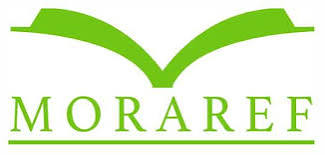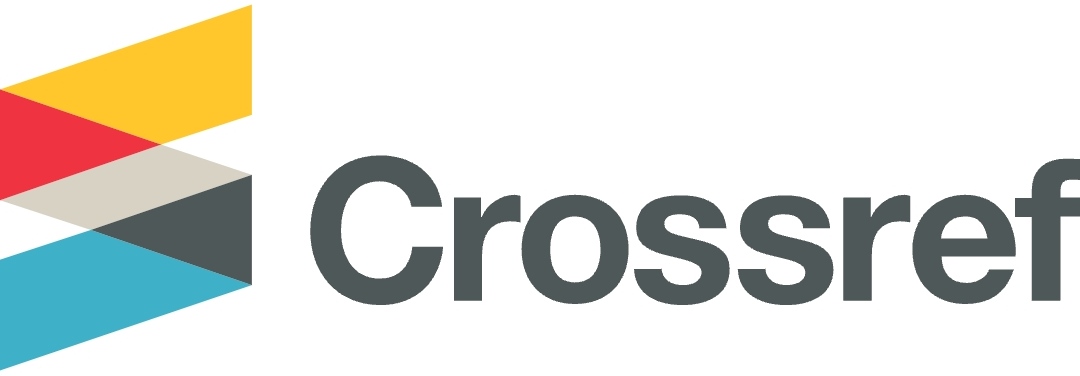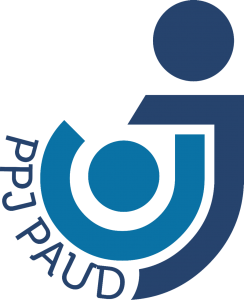Implementasi Pola Asuh Orang Tua Dalam Pengenalan Ibadah Sholat dan Kesantunan Berbicara Anak Usia 5-6 Tahun
DOI:
https://doi.org/10.30587/jieec.v4i2.4275Abstract
The role of parents is very important in the formation of the child's personality, especially in the introduction of prayer and politeness in speaking to children. Implementing the wrong way of parenting can result in children having bad behavior. The purpose of this study is to describe the implementation of parenting patterns in the introduction of prayer and politeness in speaking to children. This research is a qualitative research using a case study approach, with data collection techniques through interviews, observation, and documentation. The subjects in this study were parents and children aged 5-6 years in the Bandarejo area RT 07. The data analysis technique used the Milles and Huberman model with data validation using triangulation. The results showed that the parenting pattern of parents in introducing prayer and politeness in speaking to children had different characteristics from the four families studied. There were three parenting patterns found, namely democratic, authoritarian, and permissive parenting. Obstacles faced by parents when introducing prayer and politeness in speaking are gadgets and a less conducive environment. An effective parenting pattern in introducing prayer and politeness in speaking to children in the family is democratic parenting, this can be seen from the attitude of children who are obedient, polite, can communicate well, are more open and have high curiosity.













.jpg)
